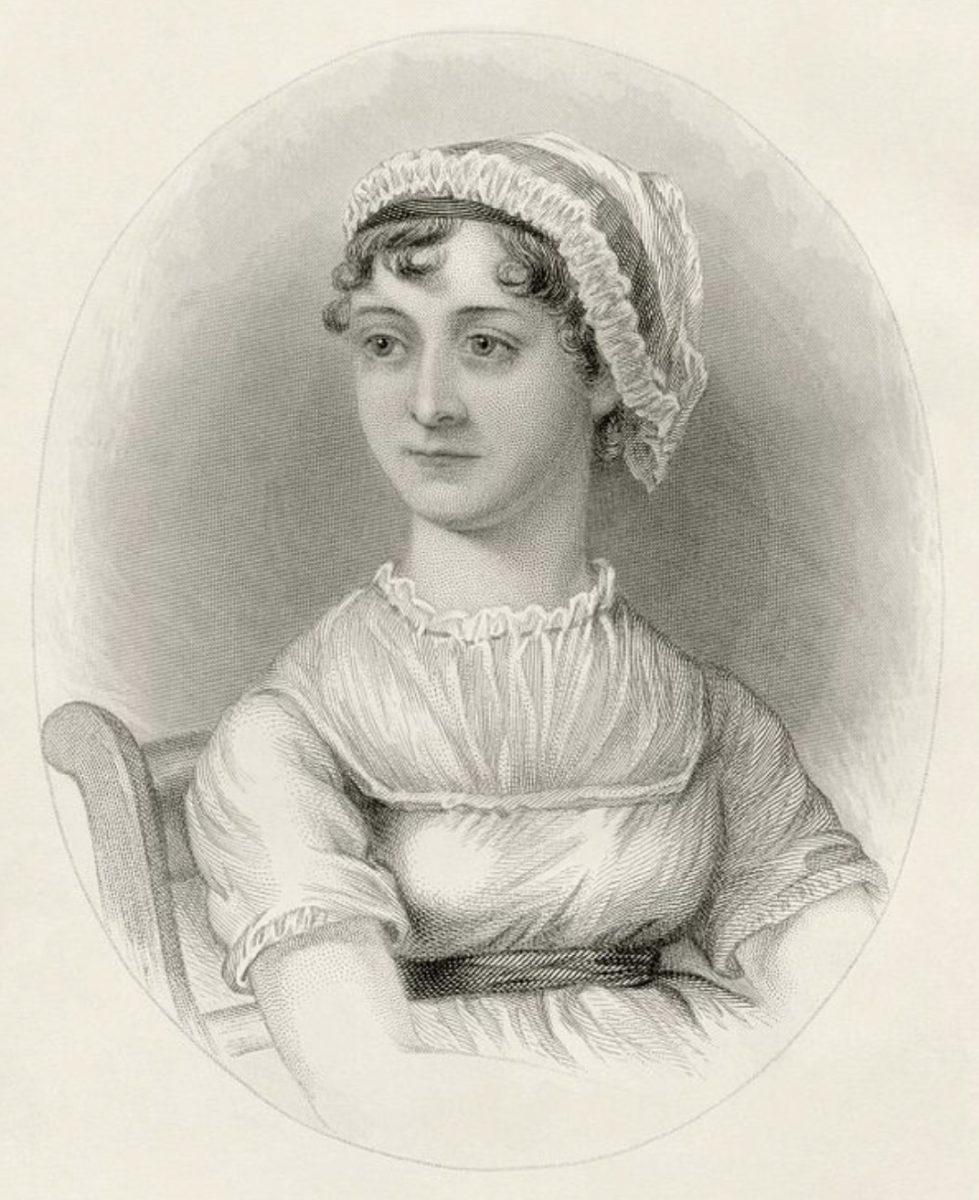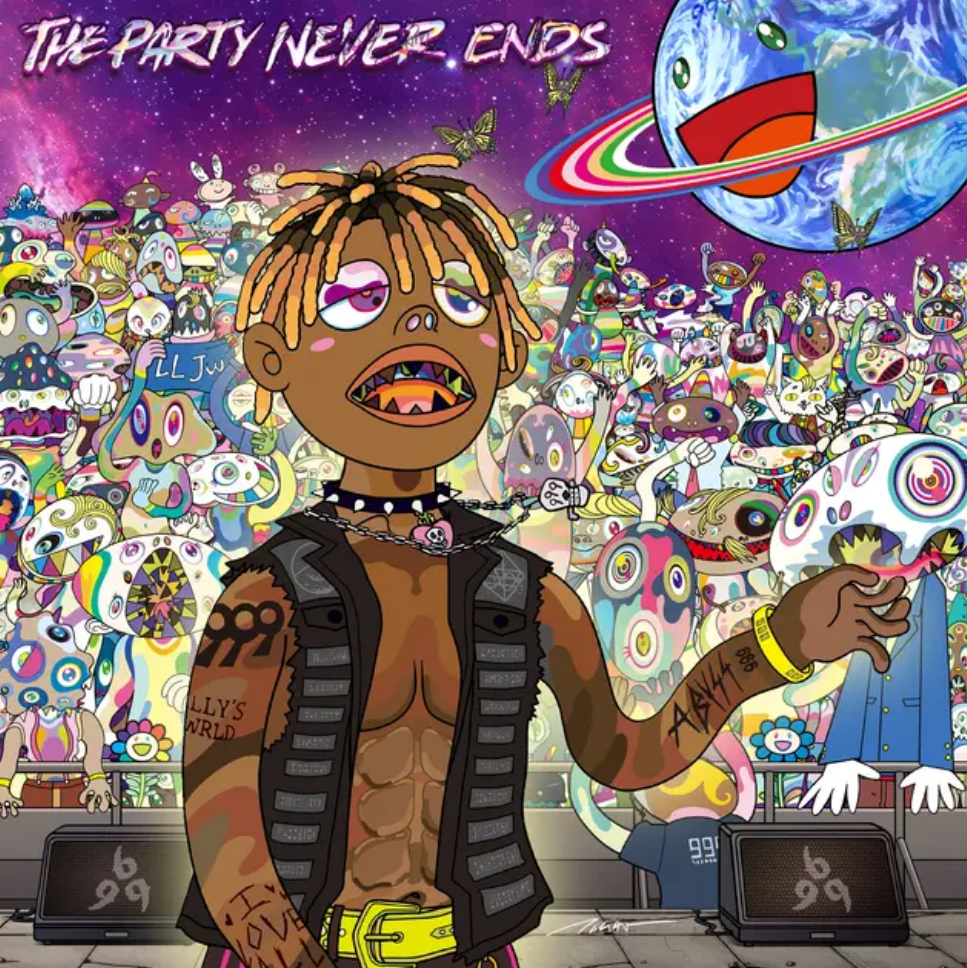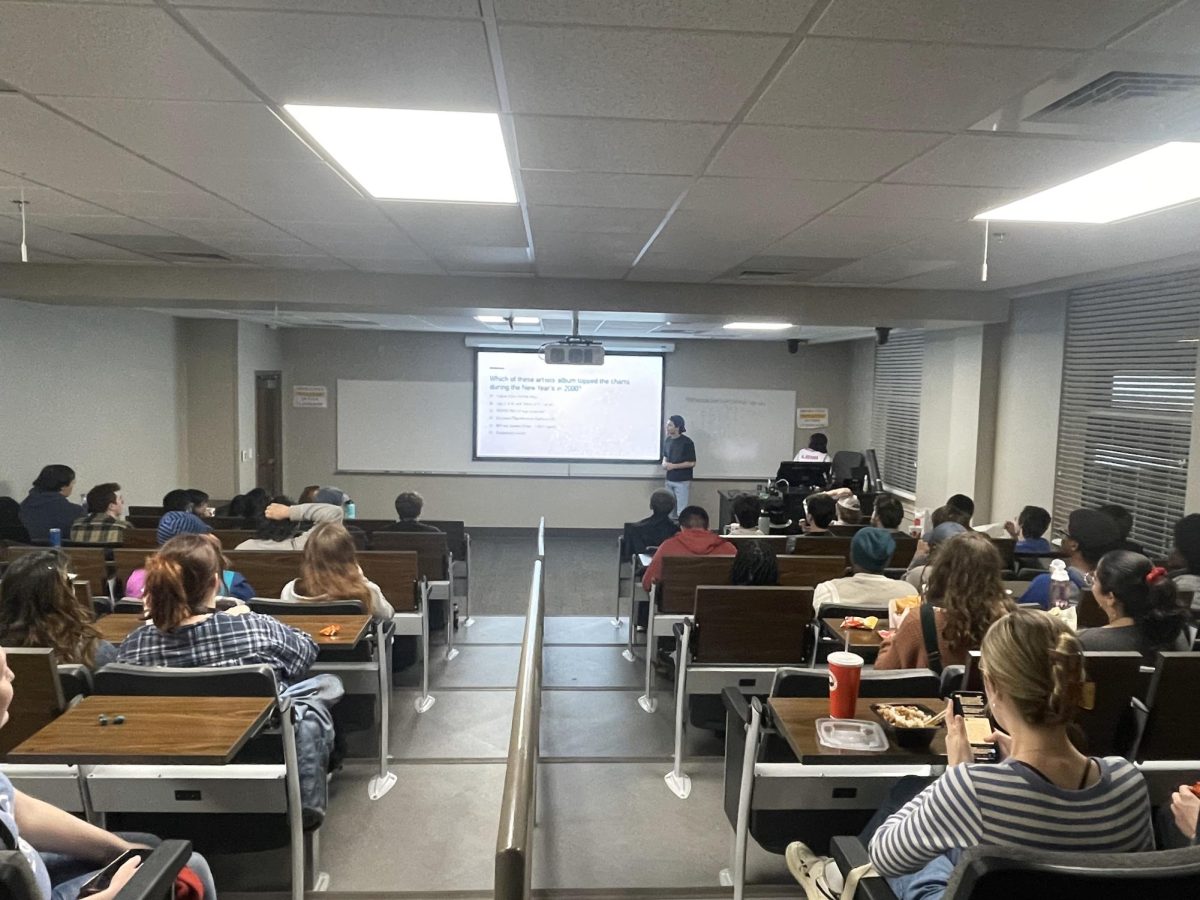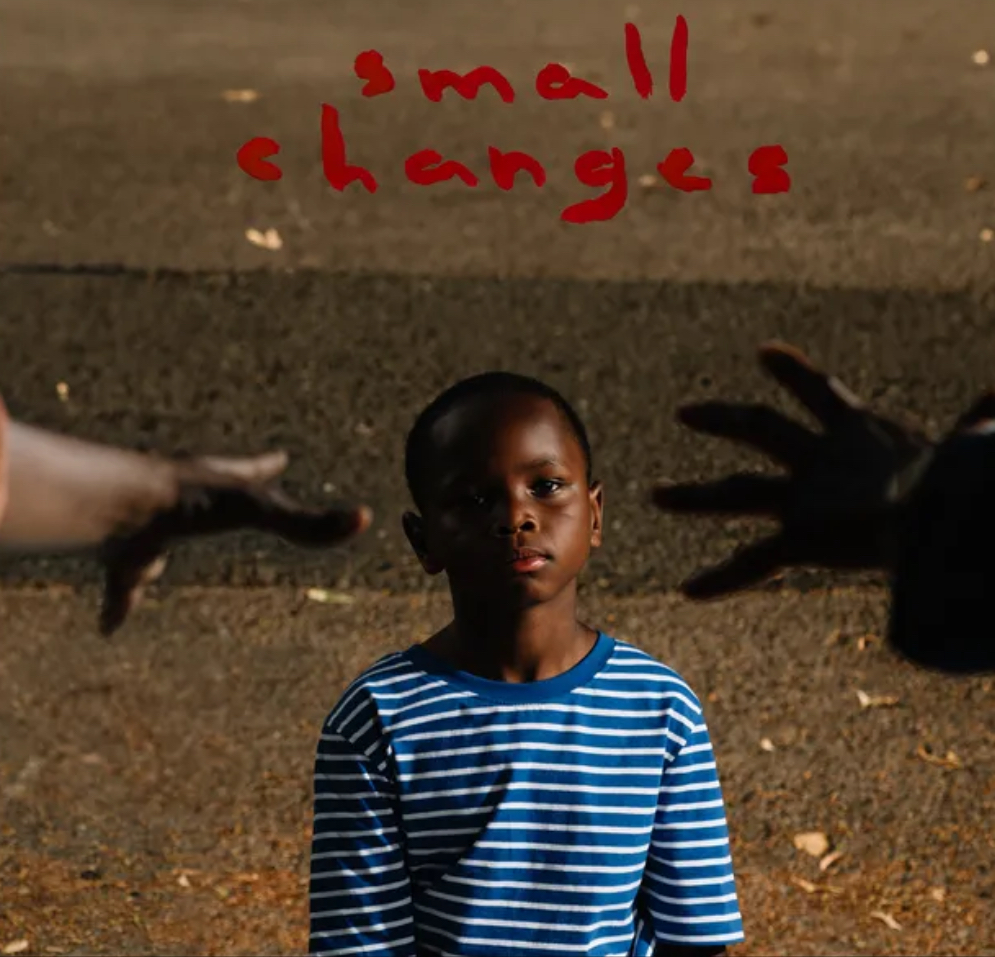In light of the release of the new “The Karate Kid,” a question comes to mind of whether it is at all necessary to remake a once popular film. Why can’t we just remember and enjoy the original film’s greatness and not be given some half cooked treatment, cashing-in on its popularity?
Standing alongside adaptations of TV shows, comic books and video games; remakes of past popular films were one of the most marketable properties in 2000’s cinema. Despite their ubiquitous nature in theaters, their quality varied quite substantially; ranging from the inspired genius of Martin Scorsese’s “The Departed” (an American remake of the Hong Kong crime drama “Internal Affairs”) to the downright awfulness (so I hear) of Samuel Bayer’s recent remake of “A Nightmare on Elm Street.”
Most of the negative attention associated with remakes, it seems, is generally aimed at the horror genre. Thoughtless remakes of classic 70’s horror movies and recent international horror sensations glut the pipes of the American film market like the substance-less goo they are. These brainless duds, which range from tension-less, gory fluff fests (“The Texas Chainsaw Massacre” remakes) to unintentionally hilarious head-scratchers (“The Wicker Man” with Nicolas Cage), have somehow managed to be huge draws at the box office, however.
This utter exploitation of the genre, unfortunately, shows no signs of slowing down either. Roman Polanski’s classic religious horror film “Rosemary’s Baby” is set to be remade with the help of Michael “Explosions” Bay. Also, the acclaimed 2008 Swedish vampire tale “Let the Right One In” is going to be given the Americanized treatment after a mere two years since its release.
Right One’s director Tomas Alfredson told MovieZine, “Remakes should be made of movies that aren’t very good, that gives you a chance to fix whatever has gone wrong. I’m very proud of my movie and I think it’s great, but the Americans might have another opinion.”
Hollywood has had a long dependency on the remake for the guarantee of filled up theaters. This dates all the way back to the turn of the 20th century, with Siegmund Lubin’s 1904 remake of Edwin S. Porter’s 1903 The Great Train Robbery.
But, what separates the bad remakes from the good ones?
It would seem the strongest answer to this would be the intention of the remake: is it being remade solely for the purposes of making nostalgia-based profit, or is the director exploring the source material and genuinely garnering fresh ideas from it? It seems that in the hands of a master auteur like Scorsese or Terry Gilliam (see “12 Monkeys,” his remake of Chris Marker’s landmark short “Le Jetee”), these adaptations can take on lives of their own, sometimes even surpassing the source material, such as is the case with “The Departed.”
Sometimes, the key to making a successful remake is presenting the well known story within a timely context; which is precisely what Steven Spielberg did when he amped up the apocalyptic, post-9/11 dread for his remake of “War of the Worlds.” Other times, it’s a strict adherence to the original source, coupled with a director’s trademark style, such as Steven Soderbergh’s stylish remake of “Solaris.”
Sometimes, though, regardless of whose hands it’s in, it is simply unnecessary to remake a classic. Case in point: Gus Van Sant’s remake of “Psycho” in 1998 starring Vince Vaughn. Van Sant, a great director in his own right, was way off the mark with his shot-by-shot remake and brought the question “Why does this need to exist?” to the forefront of every audience member’s mind who was unfortunate enough to see the film.
The same question should be asked of the never-ending flood of remakes we see in theaters today. And though some remakes in the hands of skilled directors will always prove to be exceptions to the rule, perhaps more focus should be put on filmmakers with new things to say.








